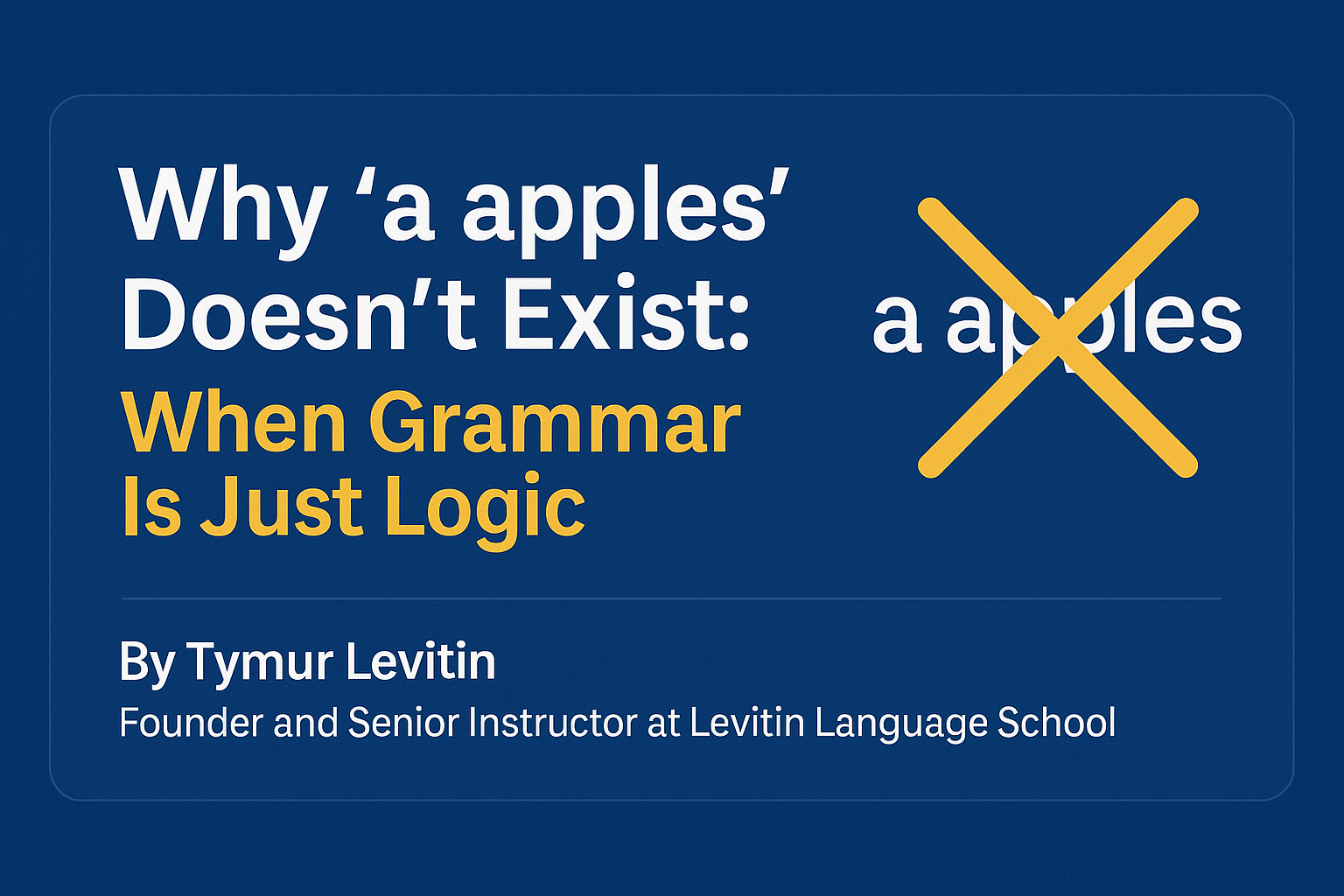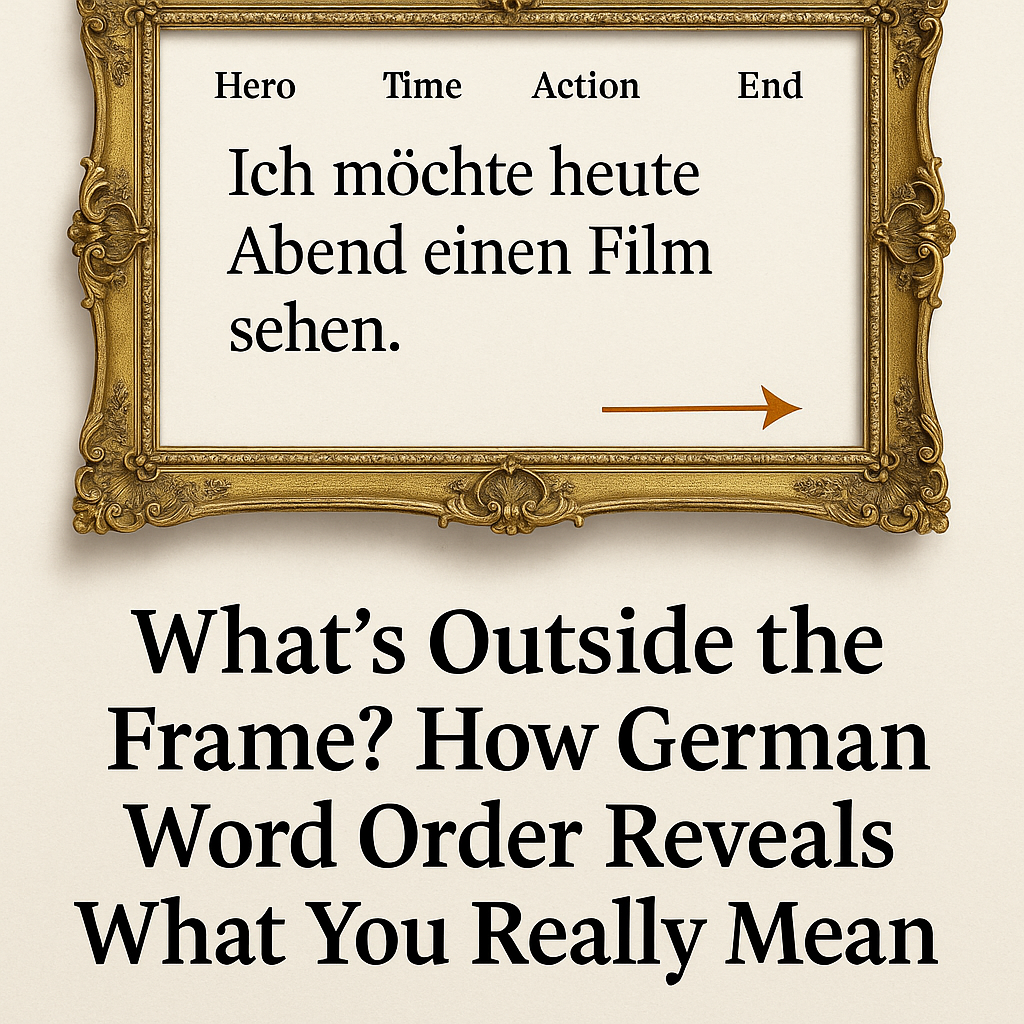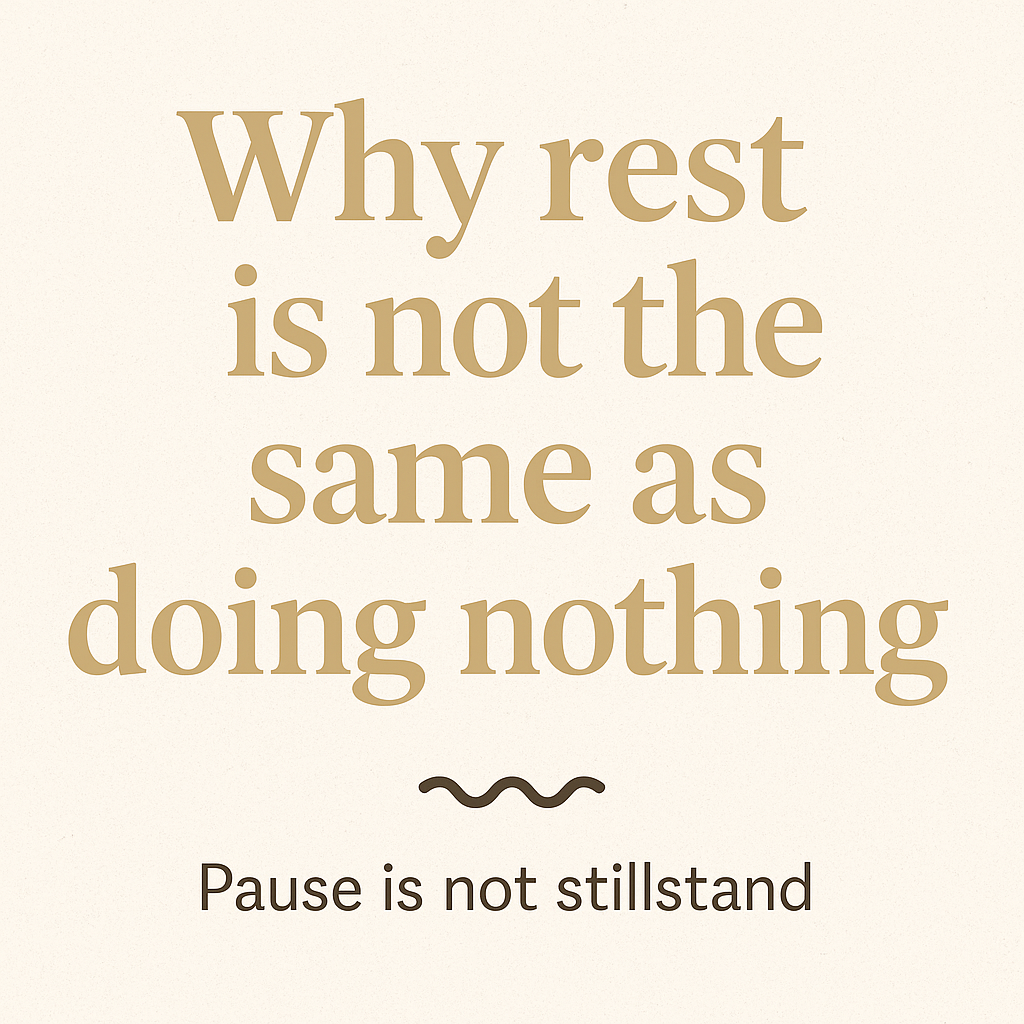Why German Word Order Feels Like a Frame
If you’ve ever studied German, you’ve probably heard about the Satzklammer — the sentence frame.
But what no one seems to talk about is why it exists in the first place — or what happens outside that frame.
Here’s the secret:
In German, word order isn’t just about rules. It’s about attention.
Let’s look at this example:
Ich möchte heute Abend einen Film sehen.
(I want to watch a movie tonight.)
What’s the “frame” here?
👉 möchte … sehen — the two parts of the verb, holding everything else inside.
And what’s inside?
– Who? → Ich
– When? → heute Abend
– What? → einen Film
This frame creates space. And everything you put before the frame — or after — becomes a signal:
What’s important here? What do you want your listener to focus on?
Who’s the Hero? Where’s the Spotlight?
German lets you change what comes first — and with that, change the emotional and logical Fokus of the sentence.
Let’s try a few variations:
| Sentence | Translation | Focus |
|---|---|---|
| Ich möchte heute Abend einen Film sehen. | I want to watch a movie tonight. | “I” — the speaker |
| Heute Abend möchte ich einen Film sehen. | Tonight, I want to watch a movie. | Zeit — when it happens |
| Einen Film möchte ich heute Abend sehen. | It’s a movie I want to watch tonight. | Objekt — what it’s about |
These aren’t grammar tricks.
They’re choices of meaning — ways to say “here’s what matters now.”
The Frame Is a Stage — and You Choose the Actor
Think of the sentence like a theatre stage.
The frame is the curtain — opening and closing.
What’s inside is the scene.
But what comes before the curtain rises… that’s your spotlight.
In German, you control that spotlight by moving parts of the sentence into position one — the first word in the sentence (before the verb). This doesn’t change the structure — it changes the emphasis.
🧠 In English, stress is often done with voice.
🎯 In German, it’s done with position.
Stop Memorizing Rules. Start Building Meaning.
Most students struggle with German sentence order not because it’s hard — but because they try to memorize patterns instead of feeling how sentences work.
Here’s a better approach:
- Don’t ask: “Where does the verb go?”
- Ask: “What do I want to highlight?”
Use the Satzklammer as your tool.
Build the frame — and then fill it with meaning.
Put what matters first.
Let everything else fall into place.
Learn German in a Way That Makes Sense
Unter Levitin-Sprachschule, we teach German as a living system — not just rules, but structure, rhythm, and purpose.
Because once you understand warum German works this way, you’ll never go back to guesswork.
Ready to try?
🔗 Meet our German teachers
🔗 Wählen Sie Ihre Sprache
🧾 Author’s Note
This article is part of a special series on language structure and meaning by
Tymur Levitin — founder, director, and lead instructor at Levitin Language School / Start Language School by Tymur Levitin.
© Tymur Levitin
📚 More articles by Tymur
























